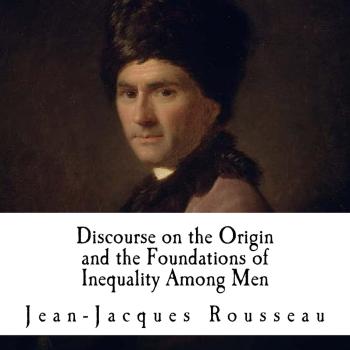
The book of Revelation unveils a cosmic panorama where the destiny of creation converges upon the Lamb, the pivotal figure in the drama of redemption. Revelation 5:9 offers a glimpse into the heavenly reality where Christ redeems a people for himself from every tribe, language, people, and nation.
This vision is transformative, particularly as it speaks to our understanding of national and ethnic identities. It propels us beyond the confines of our own nationalistic and ethnocentric silos, urging us to see a larger narrative that God is crafting—one that transcends borders and ethnicities.
The Implicit Critique of Nationalism and Ethnocentrism
Revelation 5:9 is often used to hail the grandeur of multicultural diversity. However, the text does not merely celebrate diversity; it also implies a critique of the nations.
The act of redemption from “every tribe and tongue and people and nation” serves as a corrective to our inclination to idolize national and ethnic identities. The underlying message of this heavenly doxology is clear: these aspects of identity, while significant, are not the ultimate markers of our identity.
The emphasis is on unity in diversity, not diversity as an end in itself.
Two Reasons This Observation Matters
God cares about people from all national identities, but this doesn’t mean he values national identity supremely. Here are just two reasons why this point matters.
-
Breaking Down Barriers
This observation matters deeply, firstly, because it challenges the church to break out of nationalistic and ethnocentric tendencies that often lead to indifference or even hostility towards others. These barriers create insiders and outsiders, undermining the biblical ethos of unity in Christ. By emphasizing allegiance to Christ above all, Revelation 5:9 confronts our biases, calling us to a higher unity that can only be found in the redemptive work of Jesus.
-
Idolatry of Social Identities
Secondly, the passage warns against the idolatry of social identities. While national and ethnic heritage is part of God’s creative design, they are not the zenith of our identity. We must never forget that nations and peoples have always sought to secure the ultimate allegiance and power over people, whether through propaganda, ideological wars, or military force.
But Revelation 5:9 cautions us not to elevate these identities to a place where they overshadow our primary identity as kings and priests under Christ. This focus is a prophylactic against the human tendency to seek ultimate meaning in temporal and fleeting allegiances.
The Error of Ancient Israel
The misstep of ancient Israel, as reflected in their history, serves as a cautionary tale. Israel’s misunderstanding of their role among the nations led to an exclusivist posture, assuming that Gentiles needed to become part of Israel to be reckoned as God’s people. This error is precisely what the text in Revelation seeks to rectify—it presents a Christ who redeems from all nations, not a Christ who requires all to become a part of one nation.
Contemporary Implications
The implications of this are profound for the contemporary church. It invites Christians to introspection and recalibration where needed:
- It calls for a re-examination of how we engage with other cultures, pushing us to be inclusive and embrace a global perspective of God’s kingdom.
- It provides a framework for understanding the mission of the church, which is not to propagate a nationalistic agenda but to proclaim a gospel that transcends cultural and national boundaries.
- It beckons us to critique and resist the subtle and overt ways nations attempt to secure ultimate allegiance, whether through propaganda, cultural imperialism, or force.
In Revelation 5:9, we find a potent antidote to the tribalism and divisiveness that plague our world. It affirms the worth of all cultures and peoples while placing them within the larger story of God’s redemptive plan.
This passage challenges the church to live out a kingdom narrative that both enjoys and transcends our earthly identities, uniting us under the lordship of Christ who is redeeming a people from every corner of the earth.













